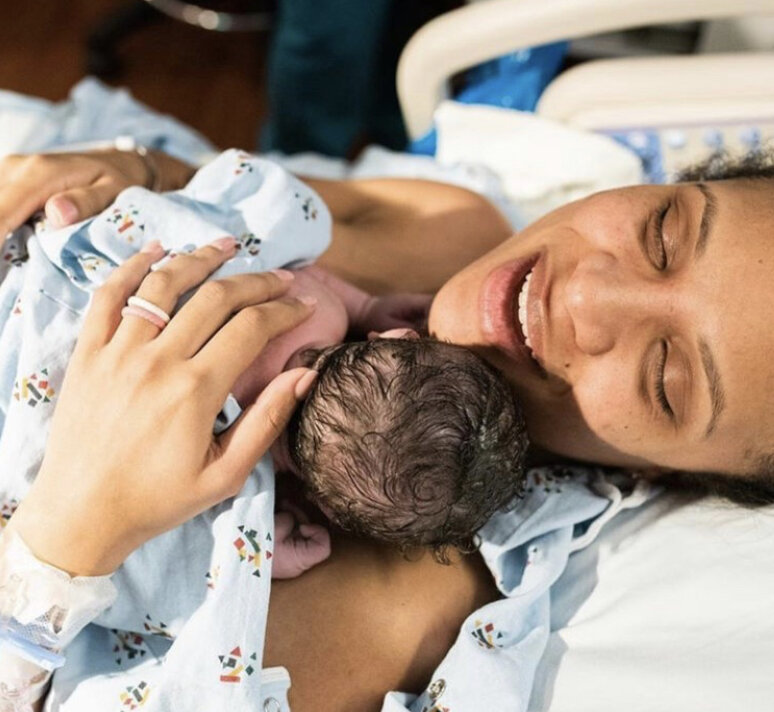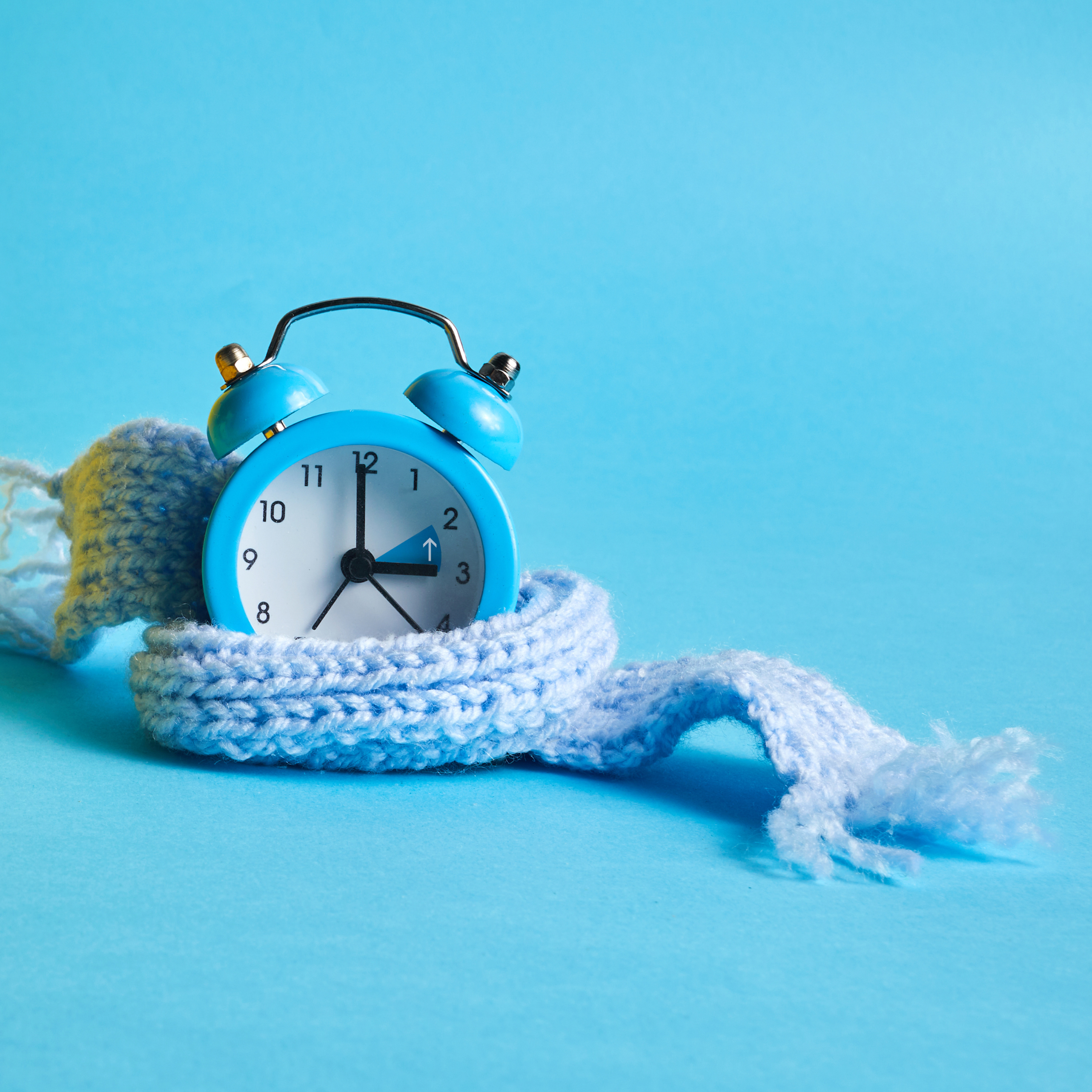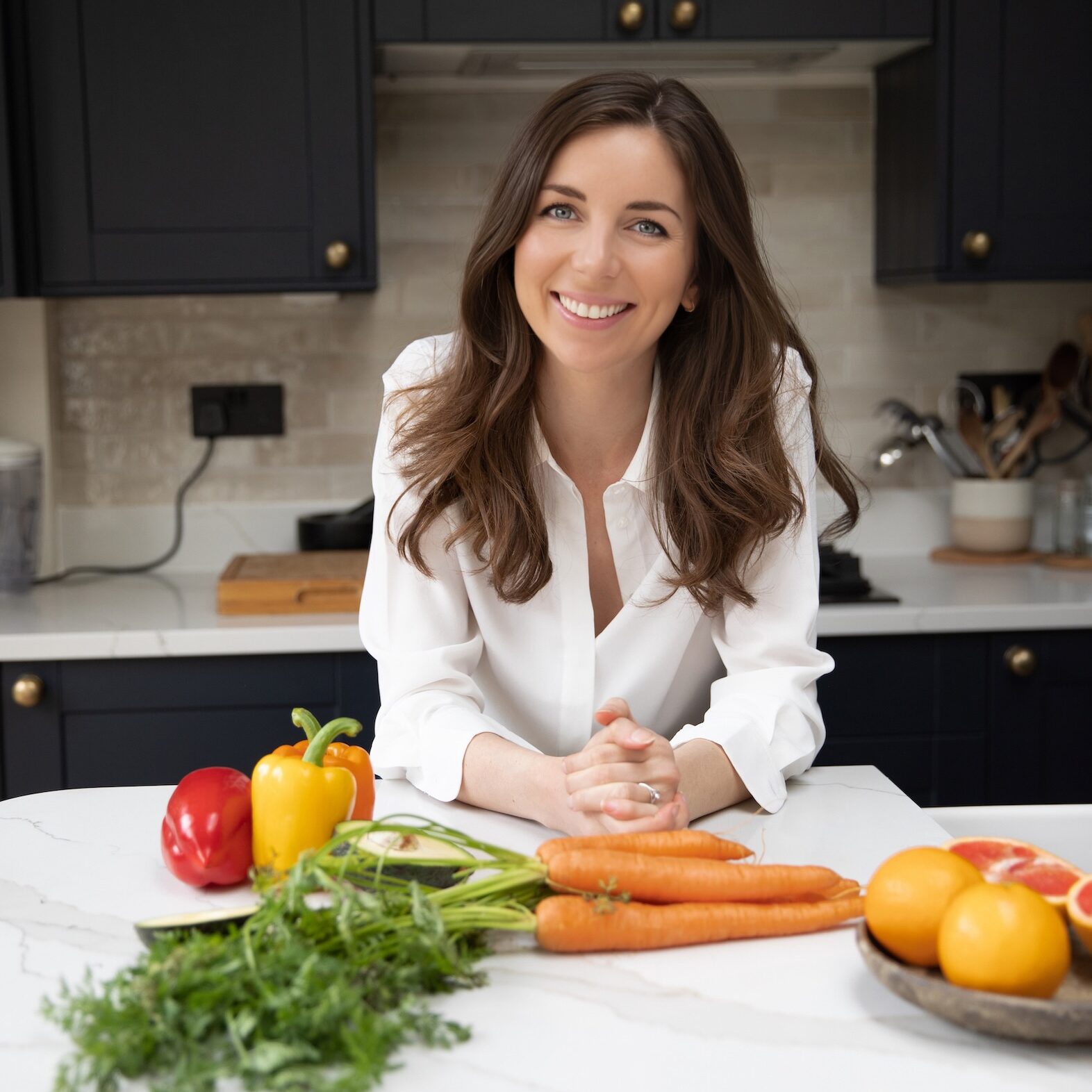

Free Pregnancy Support – Find out more
The first thing to do is consider the impact on your own emotional well-being. Did your care providers keep you informed and did you understand what was happening every step of the way? If the answer is no, then it’s important to know that you can debrief your birth with your hospital where they will go through your notes with you so you can clearly understand what led you to be separated from your baby when they were born. This is a free service and is sometimes called Birth Reflections. Some hospitals have a time limit on this service so do look into it within the year of baby being born.
If the answer is yes, you did understand why the separation occurred and you know it was in yours and your baby’s best interest for medical reasons, then the next step is acceptance.
This is acceptance that the risks outweighed the benefits of the golden hour- that you or your baby needed medical attention and it was absolutely necessary. This was something that was out of your control and you were in the safest hands to help you both through.
We often hear ‘what matters most is a healthy baby’, but actually what matters most is an emotionally healthy mum so she can care for herself and her baby.
If there are feelings of guilt or sadness around the birth for any reason, it’s very important to get support for this and speaking to the hospital for the debrief is the first step.
If you took a hypnobirthing course or had a doula with you at the birth, speaking to your teacher or doula can also help to process your feelings about your experience.
Skin to Skin: The closeness you will experience with your baby even if hours, days, weeks or even months after the birth through skin to skin is still full of goodness and magic. Strip them down at each feed (breast or bottle) and pop a blanket over you both to keep warm.
Take a bath with them- it’s a good idea for someone else to be in the house to help you take them in and out safely, but this is a lovely and effective way to connect with each other.
Baby wearing: Baby being snuggled close to you as you go about your day to day just as they were in the womb will also only help the bonding process for both of you. Your baby will hear your heartbeat and you will connect them back to being a physical part of you again. You can find out more information on just how amazingly effective baby wearing is from The Sling Consultancy here.
Natural scent: Never underestimate just how mammalian we humans are. The natural scent of a carer to a baby and vice versa will go a long way to creating your connection. So avoid strong smelling toiletries in the newborn days and let each of your natural scents work their magic.
To those who were not able to have the golden hour, and to those who may not be able to in the future for any reason- remember, you are everything your baby needs. You navigated birth and unexpected turns so that they could be here, and for that you are, and always will be, their superhero.
Be gentle with yourself and take each day one step at a time 🖤.

Today’s guest blog is written by Lucy Sharpe, founder of Days and Dreams Sleep Consultancy.

We are celebrating the PregnaHub® app launch by bringing you expert mind and body support for the pregnancy and postnatal stages. This article was kindly contributed by Claire Hitchen, Prenatal BANT Registered Nutritionist and founder of Claire Hitchen Nutrition.

We are celebrating the PregnaHub® app launch by bringing you expert mind and body support for the pregnancy and postnatal stages. This article was kindly contributed by Judith Rees, Director of Operations at The For Baby’s Sake Trust.